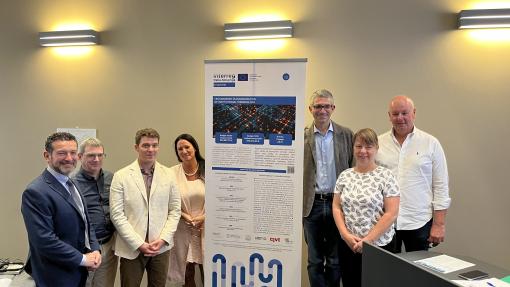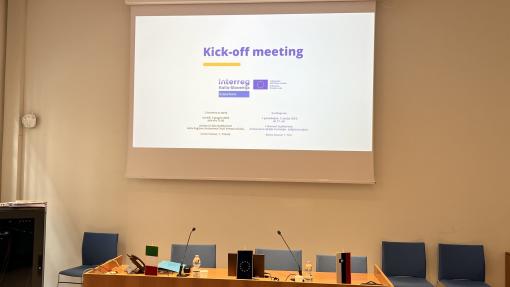
CrossTerm
Policy objective: ISO 1 - A better cooperation governance
Typology: Standard project
The project addresses an important common challenge of the Programme area: the substandard effectiveness in the joint management of linguistic diversity in public administration (henceforth P.A.) in the cross-border area. There are in fact several officially recognised languages in this area, which are used in different ways and with varying degrees in terms of quality and effectiveness (also) in public administration, as well as countless local variants, which are the product of the languages in contact.
- The general objective is to improve the quality and efficiency of the language services (in terms of multilingual operation and interlingual mediation) in the P.A. with the realisation of common strategies, models and tools for the standardisation of legal and administrative terminology across the Programme-area languages, promoting their more coherent and effective use.
- Standard terminology in the legal-administrative sphere in cross-border governance stem. Therefore necessitates a cross-border partnership that is closely linked to the local environment and equipped with the essential resources and an arsenal of technical and scientific expertise.
- Design and implement participative, sustainable and inclusive solutions that involve and raise awareness among target groups and the general public.
- The project will bring about a radical change in the multilingual operation of the P.A., which will have at its disposal a shared strategic document aimed at improving the quality of language services, a jointly developed model for cross-border terminology standardisation, as well as efficient and userfriendly ICT tools for the target groups.
The planned outputs are:
1) cross-border cooperation of 6 organisations,
2) 2 cross-border joint actions with at least 25 participants,
3) 1 jointly developed strategy.
Among the results we highlight in particular:
1) 1 shared cross-border model,
2) 1 advanced terminology tool for target groups,
3) 1 strategy document.
In particular, the results can be further developed even after the project has ended, involving other realities of the Programme area and other cross-border regions.


